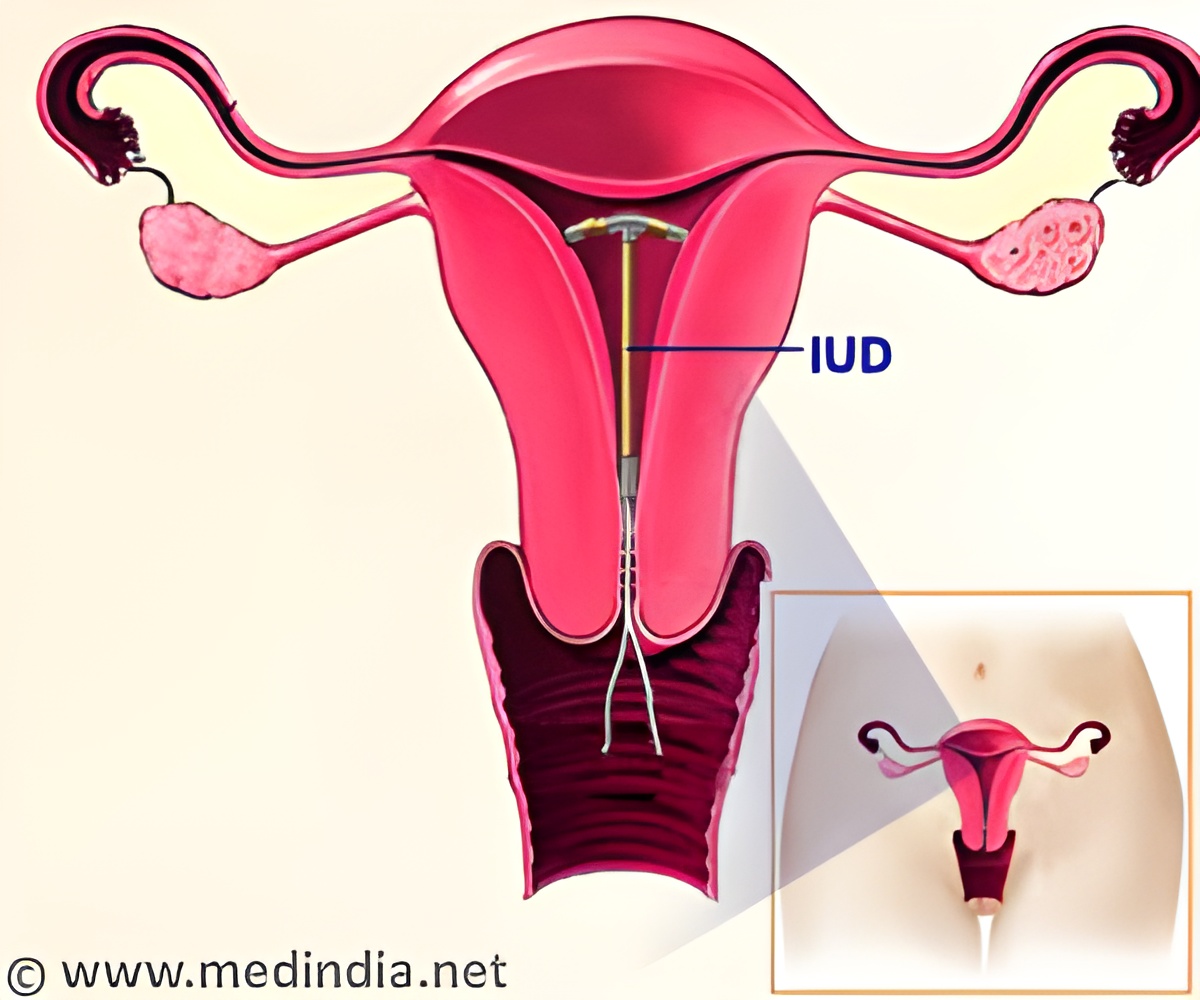
‘Hormonal intrauterine devices (IUDs) were just as effective as copper intrauterine devices (IUDs) for its use as an emergency contraception. It can also reduce menstrual bleeding and cramps that is associated with copper IUDs.’
Read More..Tweet it Now
The research conducted by scientists from University of Utah Health is published in the journal New England Journal of Medicine.Read More..
Lead author of the study David Turok, M.D, M.P.H and an associate professor in the Department of Obstetrics and Gynecology at U of U Health said, “These findings support using hormonal IUDs as a safe and viable alternative for women seeking to prevent pregnancies up to five days after intercourse. As an emergency contraceptive, it appears to be no worse than a copper IUD and is way better than the morning-after pill. And, unlike emergency contraception pills, hormonal IUDs can continue to provide highly effective contraception for up to seven years.”
After using morning-after pills, the pregnancy risk was 2 percent and the risk of pregnancy with copper IUDs was 0.1 percent. The risk of pregnancy with hormonal IUDs was found to be 0.3 percent from this study and it was statistically not less effective than the copper IUD.
In the US, all the approved hormonal IUDs contain a synthetic version of the hormone progesterone called levonorgestrel (LNG). For this study, Liletta IUD and Mirena, another type of hormonal IUD which has the same amount of LNG as Liletta was used.
When given the choice between hormonal and copper IUDs, patients frequently choose the LNG IUD. Little or no research has been conducted on the use LNG IUD as an emergency contraceptive device. Hence, few medical providers have used LNG IUDs for this purpose.
Advertisement
In the previous five days, all the participants had unprotected intercourse at least once. Additionally they had regular menstrual cycle and knew the date of their last menstrual period. They also had a negative pregnancy test and did not want to get pregnant for at least a year. They were also interested in using an IUD.
Advertisement
Co-author of the study, Lori Gawron, M.D, M.P.H an assistant professor in the Department of Obstetrics and Gynecology at U of U Health said, “ While I assumed the hormonal IUD would work for emergency contraception, I was surprised to see it worked just as well as the copper IUD. This finding is exciting because it will give people more options for both emergency and ongoing contraception and decrease barriers to same-day IUD placement when patients want one.”
The researchers said that the findings support providing IUDs to those who want one at any point in the menstrual cycle, regardless of recent unprotected intercourse. This gives women more opportunity for intervention than current medical recommendations.
Turok said, “This is all about increasing access and options for people. It’s about supporting their opportunity to live the life they want and have meaningful sexual relationships in ways that are not tied to pregnancy.”
Source-Medindia











